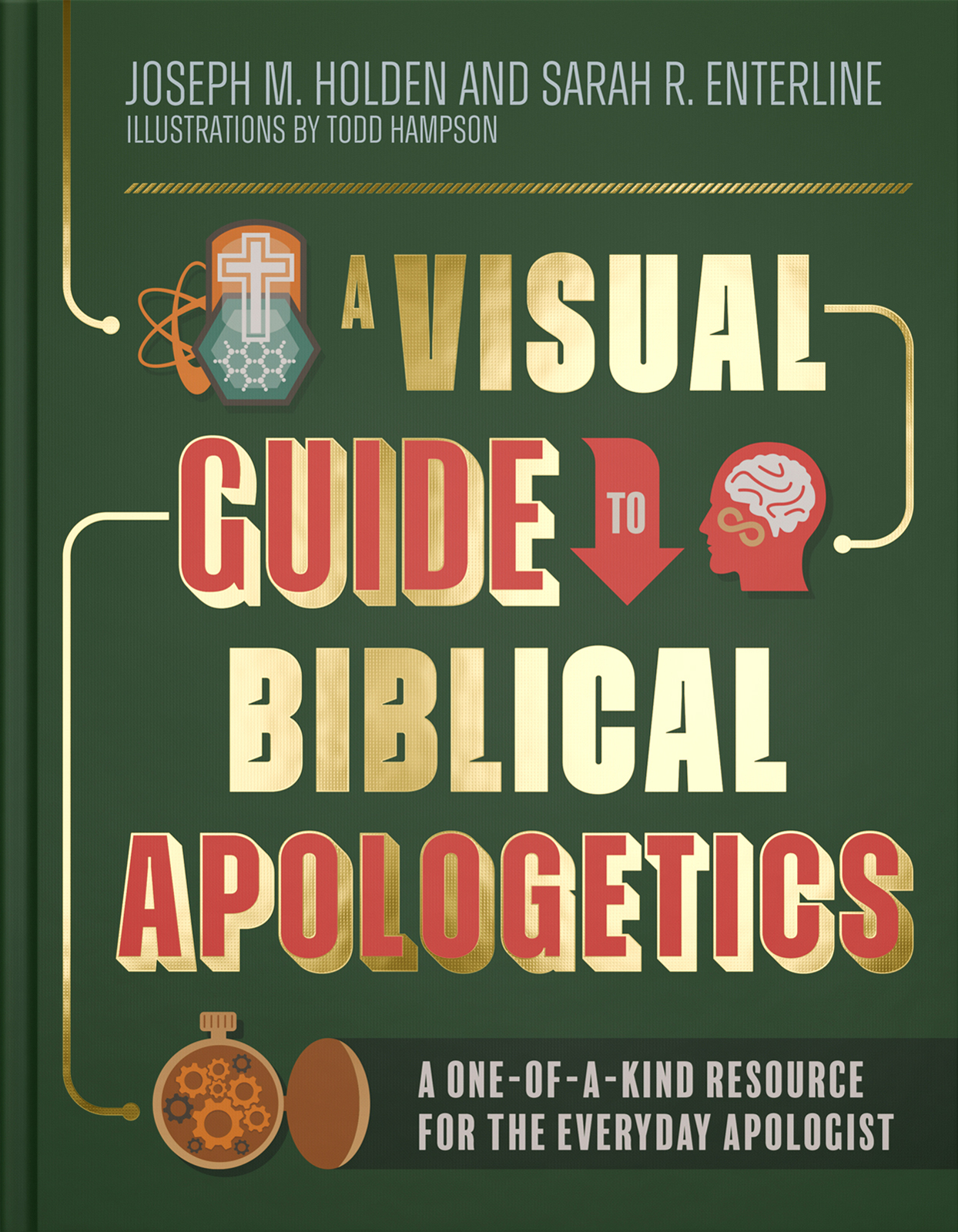No Books in the cart.
The goal of Christian apologetics is to give a clear answer or defense (apologia) to anyone who asks about the Christian faith (1 Peter 3:15).
Accomplishing this task involves building a rational argument from the ground up in three logical steps:
1. The
philosophical foundation establishes certain undeniable truths (self-evident truths that cannot be denied without affirming them,) such as truth, absolutes, logic, and being.
2. The
theological foundation deals with questions about God’s existence and nature, as well as His relationship to the world.
3. The
evidential foundation builds upon the conclusions of steps 1 and 2 with supportive tangible evidence (some combine steps 1 and 2 together under one heading as worldview considerations).
This blog post is making a step-2 argument based on a step-1 philosophical principle: The Law of Causality. This law says that everything that has a beginning, such as our universe, needs a cause. If this is true, then the following questions can’t be answered by science alone—and thereby lay the foundation for the existence of God.
8 Questions Atheists and Evolutionists Cannot Answer:
1. How did life arise from nonliving materials or causes?
Chemist and microbiologist Louis Pasteur (1822–1895) demonstrated that life cannot emerge from a nonliving environment. Never have scientists observed life arising from nonliving sources.
2. How can chance cause anything?
Science prides itself on observation and experimentation, not on reasoning based on chance, which cannot be observed or quantified. Nor has chance been shown to cause anything or have independent existence.
3. Where in nature or in any human experience do we observe life arising from nonliving causes?
No one has demonstrated or pointed to an example of nonliving things giving life. Our experience teaches us the opposite—that it requires life to give life.
4. How does something (living or nonliving) arise from nothing?
No one has demonstrated how something can come to be without a cause. The Law of Causality says that every effect (i.e., things that have a beginning) needs a cause (i.e., that which produces an effect). This means it’s impossible for anything to come into existence without a first cause.
5. Can the natural world be the cause of itself?
No, it’s impossible. There must be some cause outside the natural, finite world to cause the natural world to come into existence. The alternative is contradictory at best, for it is tantamount to saying, “I am the cause of my own existence.” This requires one to exist and not exist at the same time, which is absurd. The same is true for the natural world, for it cannot both exist and not exist at the same time. It’s more reasonable to believe that there is a supernatural cause beyond the world that caused the natural world to be.
6. How does intelligent life arise from nonintelligent causes?
It is unreasonable to believe that intelligent life arose from a nonliving, unintelligent cause. Information systems have intelligent causes.
7. How do we account for the information contained in cellular biology?
A living cell could not have originated by evolutionary processes over time because the cell needs all of its component parts functioning together at the same time for its survival. With a cell, it’s either all or nothing! Lehigh University biochemist Michael Behe calls this “irreducible complexity.”
8. How does order come from nonordered causes?
Order implies a cause of order. Never have we experienced order arising from nonordered causes. Rather, the opposite is true. Things left to their natural state without intervention tend toward disorder, which scientists call entropy.
Evolutionist and Nobel Prize-Winning Harvard Biochemist on Believing the Impossible
“When it comes to the origin of life there are only two possibilities: creation or spontaneous generation. There is no third way. Spontaneous generation was disproved one hundred years ago, but that leads us to only one other conclusion, that of supernatural creation. We cannot accept that on philosophical grounds; therefore, we choose to believe the impossible: that life arose spontaneously by chance!”
—George Wald, “The Origin of LIfe,” Scientific American, May 1954, 191:48.




